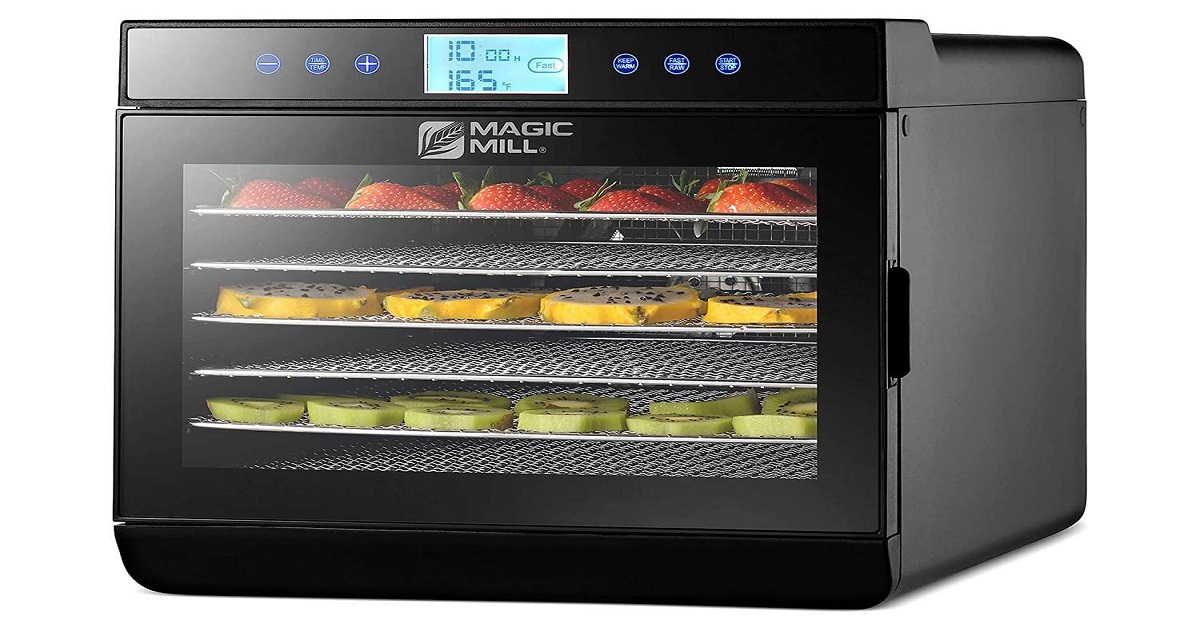Vegetable dehydration machines offer an efficient way to preserve the nutritional value and extend the shelf life of vegetables. This comprehensive guide explores the benefits, functionality, and future trends of these innovative appliances.
Understanding Vegetable Dehydration
Vegetable dehydration is the process of removing moisture from vegetables to inhibit the growth of bacteria, mold, and yeast, thereby extending their shelf life.
Why Vegetable Dehydration Machines Matter
Preserving Nutritional Value
Dehydration machines preserve the nutrients in vegetables, including vitamins, minerals, and antioxidants, ensuring that they remain intact even after drying.
Extending Shelf Life
By removing moisture, dehydration machines prevent vegetables from spoiling quickly, allowing them to be stored for an extended period without degradation in quality.
Reducing Waste
Dehydration machines enable users to preserve excess or surplus vegetables, reducing food waste and promoting sustainable consumption practices.
How Vegetable Dehydration Machines Work
Dehydration Process Explained
Vegetable dehydration machines utilize a combination of heat, air circulation, and low humidity to remove moisture from vegetables gradually.
Types of Vegetable Dehydration Machines
Solar Dehydrators
Solar dehydrators harness the energy from sunlight to dehydrate vegetables naturally, making them an eco-friendly and cost-effective option.
Air Dehydrators
Air dehydrators use a fan to circulate hot air around the vegetables, facilitating faster dehydration and consistent results.
Freeze Dehydrators
Freeze dehydrators freeze the vegetables before slowly evaporating the ice crystals, preserving the vegetables’ texture and flavor.
Benefits of Using a Vegetable Dehydration Machine
Retaining Nutrients
Dehydration machines retain the majority of nutrients present in vegetables, ensuring that they remain nutritious even after drying.
Enhancing Flavor
Dehydrated vegetables concentrate their natural flavors, resulting in intensified taste profiles that enhance culinary dishes.
Convenient Storage
Dehydrated vegetables require minimal storage space and can be kept in airtight containers or vacuum-sealed bags for long-term preservation.
Cost-Effectiveness
Investing in a vegetable dehydration machine can lead to significant cost savings by allowing users to preserve excess vegetables and reduce grocery expenses.
Factors to Consider When Choosing a Vegetable Dehydration Machine
Capacity
Consider the amount of vegetables you plan to dehydrate regularly and choose a machine with an appropriate capacity to accommodate your needs.
Energy Efficiency
Opt for energy-efficient models that consume minimal electricity while providing efficient dehydration performance.
Durability
Select a machine made from high-quality materials that can withstand frequent use and maintain optimal performance over time.
Ease of Cleaning and Maintenance
Choose a dehydration machine with removable trays and easy-to-clean components to simplify the cleaning process and ensure hygiene.
Price
Compare the features and prices of different models to find a vegetable dehydration machine that offers the best value for your budget.
Tips for Using Vegetable Dehydration Machines Effectively
Proper Preparation of Vegetables
Slice vegetables uniformly to ensure consistent drying and faster dehydration process.
Optimal Temperature and Humidity Settings
Adjust the temperature and humidity settings according to the type of vegetable being dehydrated to achieve optimal results.
Rotation of Trays
Rotate the trays periodically during the dehydration process to ensure even drying and prevent uneven texture.
Monitoring and Adjusting Drying Time
Monitor the dehydration progress regularly and adjust the drying time as needed to prevent over-drying or under-drying.
Popular Brands and Models of Vegetable Dehydration Machines
- Excalibur
- Nesco
- COSORI
- Presto
- Hamilton Beach
DIY vs. Commercial Vegetable Dehydration Machines
Pros and Cons of DIY Dehydrators
DIY dehydrators offer customization options and cost savings but may lack the efficiency and durability of commercial models.
Pros and Cons of Commercial Dehydrators
Commercial dehydrators provide consistent performance and reliability but may be more expensive and less customizable than DIY options.
Applications of Dehydrated Vegetables
Culinary Uses
Dehydrated vegetables can be rehydrated and used in various culinary applications, including soups, stews, and salads.
Emergency Food Supplies
Dehydrated vegetables are ideal for creating emergency food supplies that can be stored for extended periods without refrigeration.
Camping and Backpacking
Lightweight and portable, dehydrated vegetables are a convenient option for camping and backpacking trips, providing nutritious meal options on the go.
Food Preservation
Dehydrated vegetables offer a practical solution for preserving seasonal produce and minimizing food waste throughout the year.
Future Trends in Vegetable Dehydration Technology
Advancements in Energy Efficiency
Future vegetable dehydration machines are expected to incorporate advanced technologies to minimize energy consumption and reduce environmental impact.
Integration of Smart Technology
Smart dehydration machines equipped with sensors and automation features will offer users greater control and convenience in the dehydration process.
Eco-Friendly Designs
Manufacturers are increasingly focusing on developing eco-friendly dehydration machines that prioritize sustainability and resource efficiency.
Conclusion
Vegetable dehydration machines revolutionize the way we preserve and consume vegetables, offering numerous benefits in terms of nutrition, convenience, and sustainability. By understanding the functionality and advantages of these appliances, consumers can make informed choices to enhance their culinary experiences and reduce food waste.



